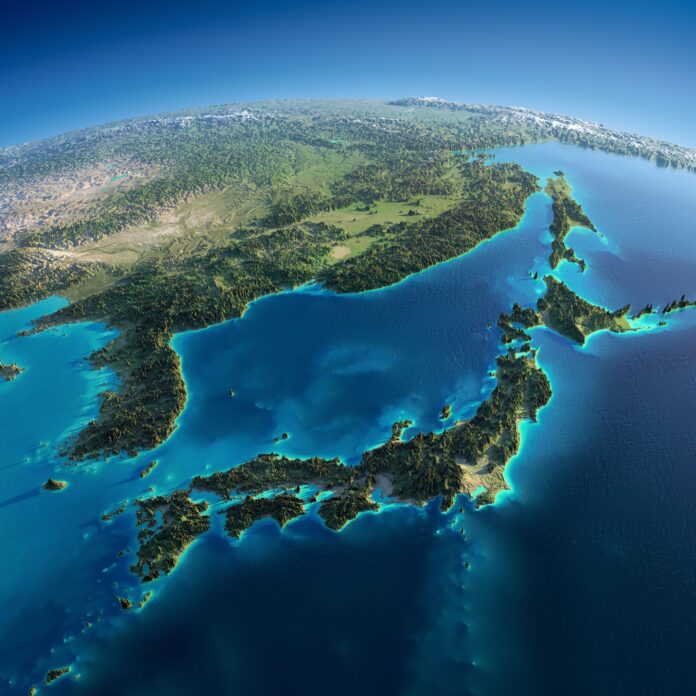The Japanese government announced it will allow the country’s four mobile carriers to deploy 5G base stations on traffic signals, the Nikkei Asian Review reported.
The main aim of the initiative is to reduce the cost and times necessary to deploy 5G networks nationwide by taking advantage of the country’s high density of traffic lights.
Japan’s 200,000 traffic signals are administered by local governments, which will be able to use the 5G infrastructure for the implementation of self-driving vehicle projects and emergency communications in natural disasters, according to the report.
The project, which is part of a wider IT strategy, is expected to be approved by the government by mid-June. Operators are expected to start tests of 5G equipment installed on traffic signals during 2020 with the aim of completing a nationwide deployment during 2023.
According to the report, the initiative will be coordinated by a number of government bodies including the communications ministry, the National Police Agency, the transport ministry and local governments.
The central government has yet to decide how the costs of the deployment of 5G base stations on traffic signals will be divided between carriers and local governments.
Under this project, sensors will reportedly be installed on the traffic signals to create “trusted mesh networks.” Carriers, police and local governments would each have their own private mesh networks, according to the report.
Last month, Japan’s government approved plans by the country’s four mobile carriers to build 5G wireless networks with investment set to reach JPY 1.6 trillion ($14.4 billion) over the next five years.
Applications submitted by NTT DoCoMo, KDDI, SoftBank and e-commerce giant Rakuten were approved by the communications ministry after determining that the companies’ applications met the conditions of the allocation of 5G spectrum.
NTT DoCoMo is planning the largest spend, with a goal to invest at least JPY 795 billion in the deployment of 5G networks during this period. KDDI announced investments of JPY 466 billion, while SoftBank and Rakuten are targeting investments of JPY 206 billion and JPY 194 billion respectively.
According to the report, the four carriers aim to launch commercial 5G services in 2020.
The conditions for the allocation of 5G spectrum included commitments to offer services in every prefecture of the nation within two years, and set up 5G base stations in at least half the country within five years.
NTT DoCoMo and KDDI are each targeting to cover over 90% of the country’s population with 5G by the end of the five-year period, while SoftBank is targeting 64% coverage and Rakuten is aiming for 56%.
NTT DoCoMo previously said it plans to launch pre-commercial 5G services in September 2019. The company also said that customers will be able to experience 5G services during the Rugby World Cup this year.

